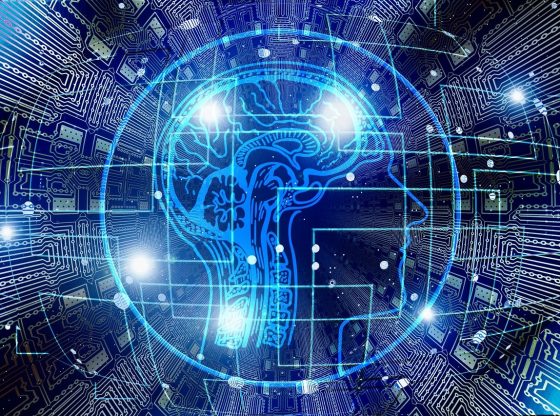In the fast-paced world of technology, generative AI is making significant strides. This article delves into the future of generative AI, exploring its potential, applications, and the impact it may have on various industries. Join us on this journey as we unravel the exciting prospects of generative AI.
Introduction
Generative AI, a subfield of artificial intelligence, is at the forefront of innovation. It has the potential to revolutionize how we interact with technology, create content, and even address complex societal challenges. In this article, we will explore the future of generative AI, its applications, and the implications it holds for different sectors.
Understanding Generative AI
Generative AI refers to a class of algorithms and models that enable machines to produce content autonomously. These algorithms are designed to mimic human creativity and problem-solving abilities, giving rise to machines that can generate text, images, music, and more.
The Current State of Generative AI
As of now, generative AI has made remarkable progress. Leading tech companies have developed powerful models capable of producing human-like text and images. These models, such as GPT-4 and DALL-E 3.0, showcase the current capabilities of generative AI.
Applications of Generative AI
Content Creation
Generative AI is already being used to create content at scale. From generating news articles to crafting marketing copy, it’s proving to be a valuable tool for content creators.
Art and Design
In the world of art and design, generative AI is enabling artists to explore new creative horizons. It can generate unique artwork, assist in design tasks, and even create novel fashion designs.
Natural Language Processing
Generative AI is transforming natural language processing. It can generate conversational chatbots, translate languages, and assist in content summarization.
Challenges and Limitations
While generative AI shows immense promise, it also faces challenges. Issues like bias in generated content, ethical concerns, and the need for vast computing power are hurdles that must be overcome.
Ethical Considerations
As generative AI becomes more prevalent, ethical considerations come to the forefront. Ensuring fairness, transparency, and accountability in AI-generated content is crucial.
The Future of Generative AI
Enhanced Creativity
In the future, generative AI will empower human creativity. It will serve as a creative collaborator, helping artists, writers, and musicians push the boundaries of their work.
Healthcare Advancements
Generative AI will play a pivotal role in healthcare, aiding in drug discovery, medical image analysis, and personalized treatment plans.
Business Transformations
Businesses will leverage generative AI to streamline operations, create personalized marketing campaigns, and enhance customer experiences.
Generative AI in Education
Education will see a transformation as generative AI assists in creating customized learning materials, virtual tutors, and adaptive assessments.
Generative AI and Personalization
Generative AI will enable hyper-personalization, from tailored content recommendations to individualized product designs.
Risks and Concerns
Job Displacement
The automation potential of generative AI may lead to concerns about job displacement in certain industries.
Biased Algorithms
Addressing biases in AI algorithms will be critical to ensure fair and equitable outcomes.
Security Threats
As generative AI becomes more advanced, it may be exploited for malicious purposes, posing cybersecurity risks.
Regulations and Governance
Governments and organizations will need to establish regulations and ethical frameworks to guide the responsible development and use of generative AI.
Investing in Generative AI
Investors and businesses should consider the potential of generative AI and explore opportunities for innovation and growth in this field.
Conclusion
The future of generative AI is bright and promising. It will reshape industries, empower creativity, and address complex challenges. However, it also brings ethical concerns and requires responsible governance. As we navigate this transformative journey, embracing generative AI’s potential while addressing its limitations will be key to a better future.
If you’re interested in contributing to articles like this, consider writing for us.

